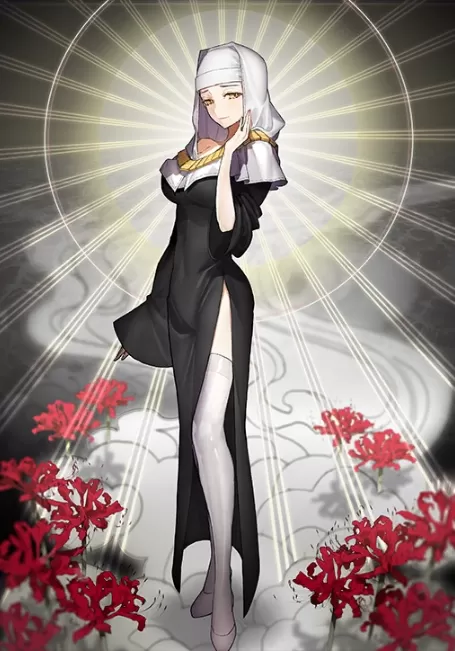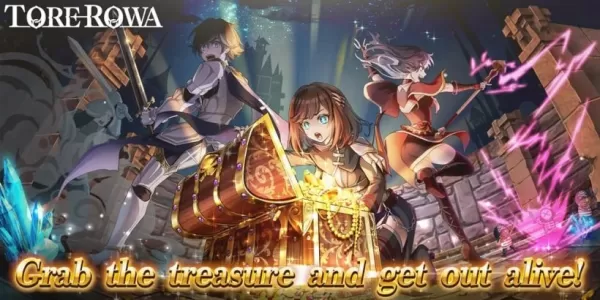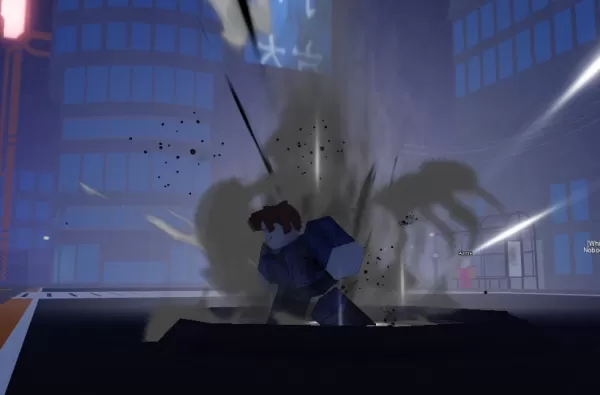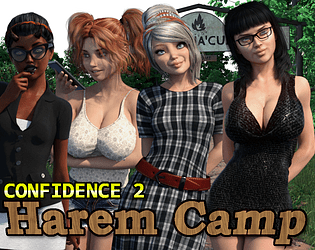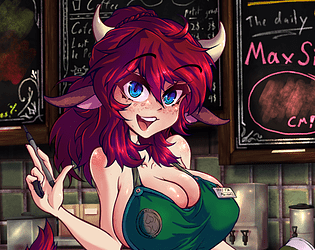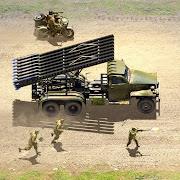Marc Laidlaw penned his short story "400 Boys" in 1981 at the age of 21, well before his tenure as Valve's lead writer and a key figure in the creation of the Half-Life series. The story first appeared in Omni magazine in 1983 and later gained broader recognition when included in the anthology "Mirrorshades: The Cyberpunk Anthology." Interestingly, Laidlaw notes on his website that "400 Boys" has likely reached more readers than any other piece he's written, aside from perhaps his seasonal ad copy for Dota 2. While the gaming community knows him primarily for his work on Half-Life, Laidlaw's contributions extend far beyond video games. It's a curious twist of fate how his early work has resurfaced.
In a post-apocalyptic city, warring gangs adhere to a bushido-like code of honor. The emergence of the 400 Boys gang compels them to unite. This episode, a fusion of beauty and brutality, is brought to life by Canadian director Robert Valley, whose previous work on the "LDR" episode "Ice" earned him an Emmy for Outstanding Short Form Animation.
Reflecting on the inspiration for "400 Boys," Laidlaw recalls, "I lived in Eugene, Oregon, and was always seeing flyers on telephone poles advertising bands. It sparked the idea of creating a story where I could invent numerous gang names, much like those band names. It was a fun exercise that drove a significant part of the narrative."
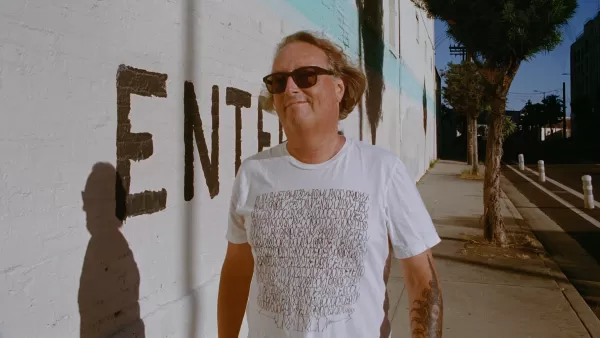 Marc Laidlaw may have moved on from Half-Life, but his engagement with the internet continues. Photo credit: Mimi Raver.
Marc Laidlaw may have moved on from Half-Life, but his engagement with the internet continues. Photo credit: Mimi Raver.
Over four decades after its initial publication, "400 Boys" has been adapted into an episode for the fourth season of Netflix's acclaimed animated anthology series, "Love, Death and Robots." Directed by Robert Valley, known for his work on "Zima Blue" and "Ice," and written by Tim Miller, the episode features the voice of John Boyega, famous for his role as Finn in Star Wars. This unexpected resurgence has brought "400 Boys" into the spotlight once again, much to Laidlaw's surprise.
"The story had faded into the background, but cyberpunk continued to thrive," Laidlaw shared during a video call just before the premiere of Season 4. "I didn't give it much thought until now."
The journey to the screen for "400 Boys" was not a quick one. About 15 years ago, Tim Miller from Blur, a company renowned for its video game cutscenes, approached Laidlaw about adapting the story. However, due to studio changes, the project fell through. The landscape shifted dramatically with the launch of "Love, Death and Robots" in March 2019, a bold and adult-oriented series that captured viewers' attention with its unique episodes. Laidlaw admired Miller's previous work, particularly his adaptation of J. G. Ballard's "The Drowned Giant."
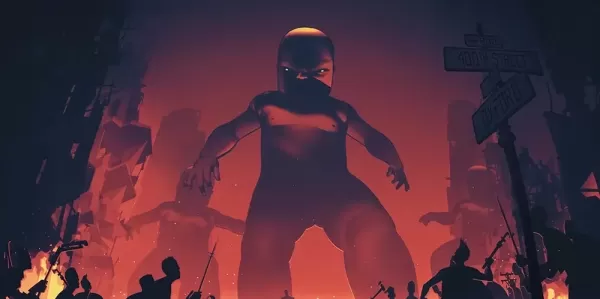 400 Boys is now an episode of Love, Death and Robots on Netflix. Image credit: Netflix.
400 Boys is now an episode of Love, Death and Robots on Netflix. Image credit: Netflix.
After moving to Los Angeles in 2020, Laidlaw met Miller at various events as the pandemic subsided. He remained cautiously optimistic about "400 Boys" finding a new life. A year ago, he received the pivotal email asking if he'd be interested in having the story optioned for "Love, Death and Robots." The project was finally moving forward.
Laidlaw had discussions with Miller, who took on the scriptwriting, ensuring the adaptation stayed true to the original while adding visual enhancements. He also had conversations with director Robert Valley, directing him to an audiobook version of "400 Boys" that Laidlaw himself narrated during the early days of the pandemic. However, Laidlaw chose to take a step back from the production process, preferring to enjoy the final product as an observer. "It was refreshing to not be in the trenches and simply appreciate what they created," he remarked.
Having seen the episode, Laidlaw praised its visual execution and the performances, particularly noting John Boyega's contribution. "They've made the story visually engaging and fun," he said, reflecting on how the adaptation breathed new life into his youthful creation.
"400 Boys" represents a different era of Laidlaw's life, written when he was much younger. "I'm still quite pleased with it, given my age at the time," he admitted. Following a period of relative quiet, Laidlaw joined the games industry in 1997 at Valve, working on the groundbreaking Half-Life series. After "retiring" from Valve in 2016, Laidlaw sought to return to writing, but found the publishing landscape had changed significantly during his time in gaming.
Today, Laidlaw has shifted his creative focus to music, inspired partly by the release of Valve's Half-Life 2 anniversary documentary last year. He humorously acknowledges, "I'm in the wrong business! I should be leaking information about my old employer."
Reflecting on revisiting Half-Life for the documentary, Laidlaw found it therapeutic. "It was good to reconnect with old friends and put a bow on that chapter," he said, noting the passage of time and the changes within Valve.
With the Half-Life and Half-Life 2 anniversaries behind him, Laidlaw muses that the only Valve project left to reminisce about might be Dota 2, now 12 years old. He playfully suggests that in eight years, Valve might call upon him for a Dota retrospective, or perhaps revisit Alien Swarm, a project he had a minor role in.
While it's impossible to discuss Laidlaw without touching on Half-Life, he's clear about not wanting to return to that world. "I wouldn't go back for Half-Life 3," he stated firmly. "It's time for new creators to take the reins. I'm not on the cutting edge anymore, and the work is too demanding. My focus is on my own projects now."
As Laidlaw steps away from Half-Life, his past work continues to resonate, as evidenced by Netflix's adaptation of "400 Boys." He reflects on his fortunate journey, from early forays into cyberpunk to his involvement with Valve's transformative games. "I've been lucky to be part of phenomena," he concludes, looking forward to whatever the future may hold.

